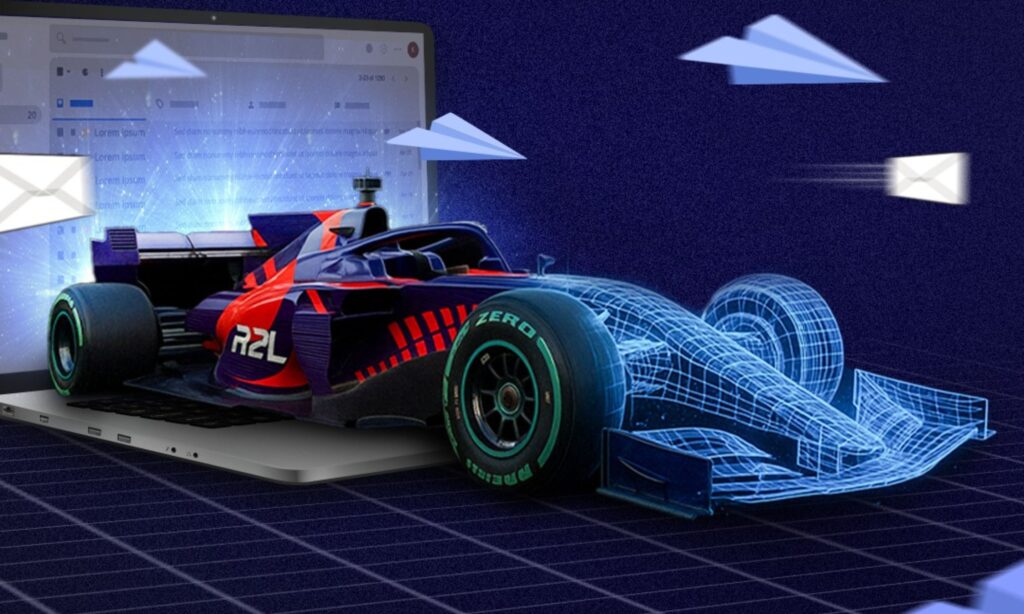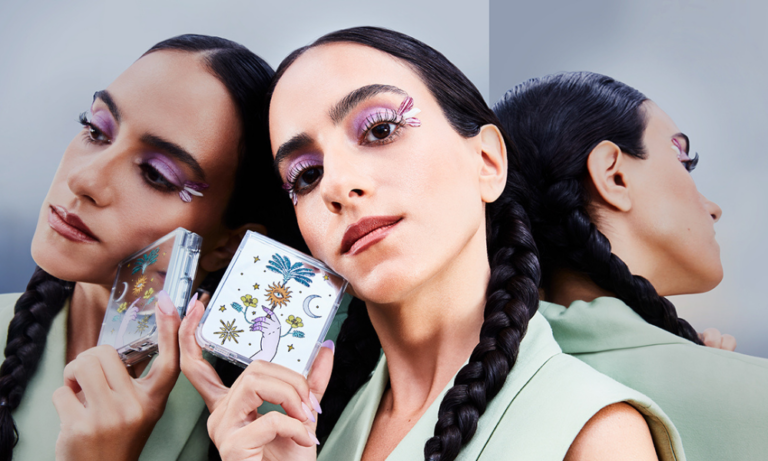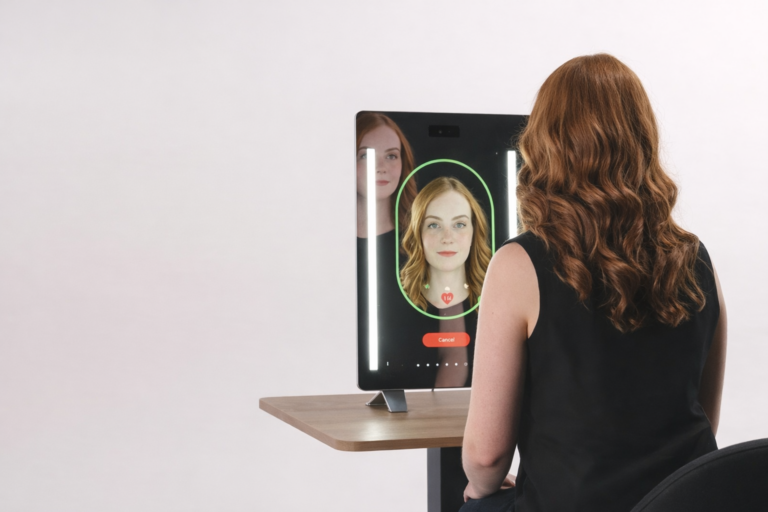Artificial intelligence has slipped into daily life so efficiently that its presence no longer feels futuristic. It writes emails, tracks health, drafts strategy decks, recommends what to watch, and stands quietly in the background of nearly every industry. The convenience is undeniable. So is the anxiety. Entire professions are recalibrating around a force that learns faster, works longer, and never blinks. Yet even as people debated whether AI would replace writers, lawyers, or graphic designers, few imagined that professional racing drivers would ever be on that list. The skill, instinct, and risk management required at 300 kilometres per hour seemed untouchable. Yet in Abu Dhabi, that assumption is being tested in real time.
At Yas Marina Circuit, the Abu Dhabi Autonomous Racing League held its 2025 edition, the most advanced and closely watched yet. The league, created by ASPIRE under the UAE’s Advanced Technology Research Council, invites global university teams to train AI systems capable of piloting identical, sensor-heavy versions of the Dallara Super Formula SF23. No human driver. No remote intervention. The difference between winning and losing comes down to software.
This year’s Human versus AI demonstration framed the weekend. Former Formula 1 driver Daniil Kvyat set the reference pace, as he has since the league’s debut in 2024. For several laps, the autonomous car from the Technical University of Munich held the lead. Spectators watched as the gap tightened with each run of the circuit. By the final lap, the difference between human and machine was roughly one and a half seconds. In racing terms, that is well within professional territory.
The most anticipated part of the weekend was the Human versus AI demonstration. Former Formula 1 driver Daniil Kvyat set a benchmark lap. The TUM autonomous car chased it. At first, spectators treated the exercise as a novelty. That changed quickly. The gap shrank each lap until only about one and a half seconds separated man and machine.
The Technical University of Munich, already winners of the inaugural season, returned with software that seemed almost unshakeable. Their car managed race traffic without hesitation, executed wheel-to-wheel moves with surprising confidence, and held off pressure from rivals like Unimore. When TUM crossed the finish line first in a world-first six-car autonomous final, the victory felt less like a repeat and more like confirmation. Their algorithms had matured.
But the weekend’s importance goes beyond the podium.
A2RL has turned Yas Marina into a research laboratory hiding in plain sight. Every overtake at 200 kilometres per hour is a stress test for future autonomous mobility. Every correction, misjudgment, or recovery teaches the system how to navigate real-world uncertainty. The techniques being refined here will influence how autonomous cars handle traffic, braking zones, and unpredictable behaviour on public roads.
Abu Dhabi understands the power of staging this process publicly. Tens of thousands filled the stands. More watched online. The UAE is positioning itself not only as a venue for high-profile racing but as a country that wants a seat at the table where the future of transportation is being shaped.
The engineers behind the race remain realistic. They speak openly about the limits the systems still face. Unexpected glitches. Narrow margins for error. Strict no-intervention rules that often expose a weakness the moment it appears. But running these cars on a world-class circuit under race conditions forces the technology to mature faster than it would in a controlled lab.
By the end of the weekend, one thing was clear. A2RL is no longer an experiment or a novelty. It is a serious motorsport platform and a global testbed for AI. And the question no longer feels hypothetical. If a machine can match a former Formula 1 driver within seconds at Yas Marina today, where will the gap be next year? Or the year after.
Abu Dhabi offered a glimpse of how quickly the boundaries between human skill and machine intelligence are shifting. The world is paying attention now.




